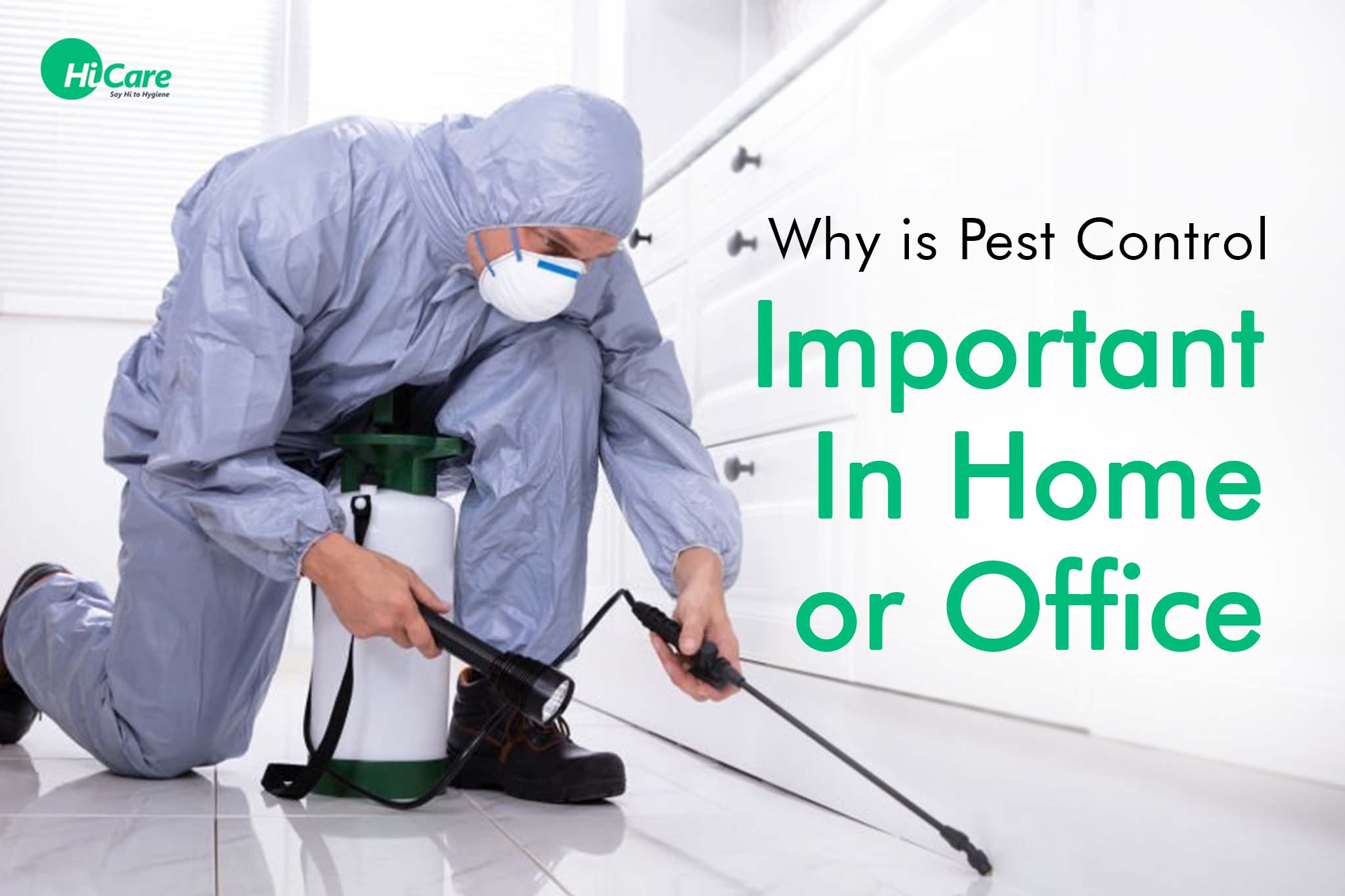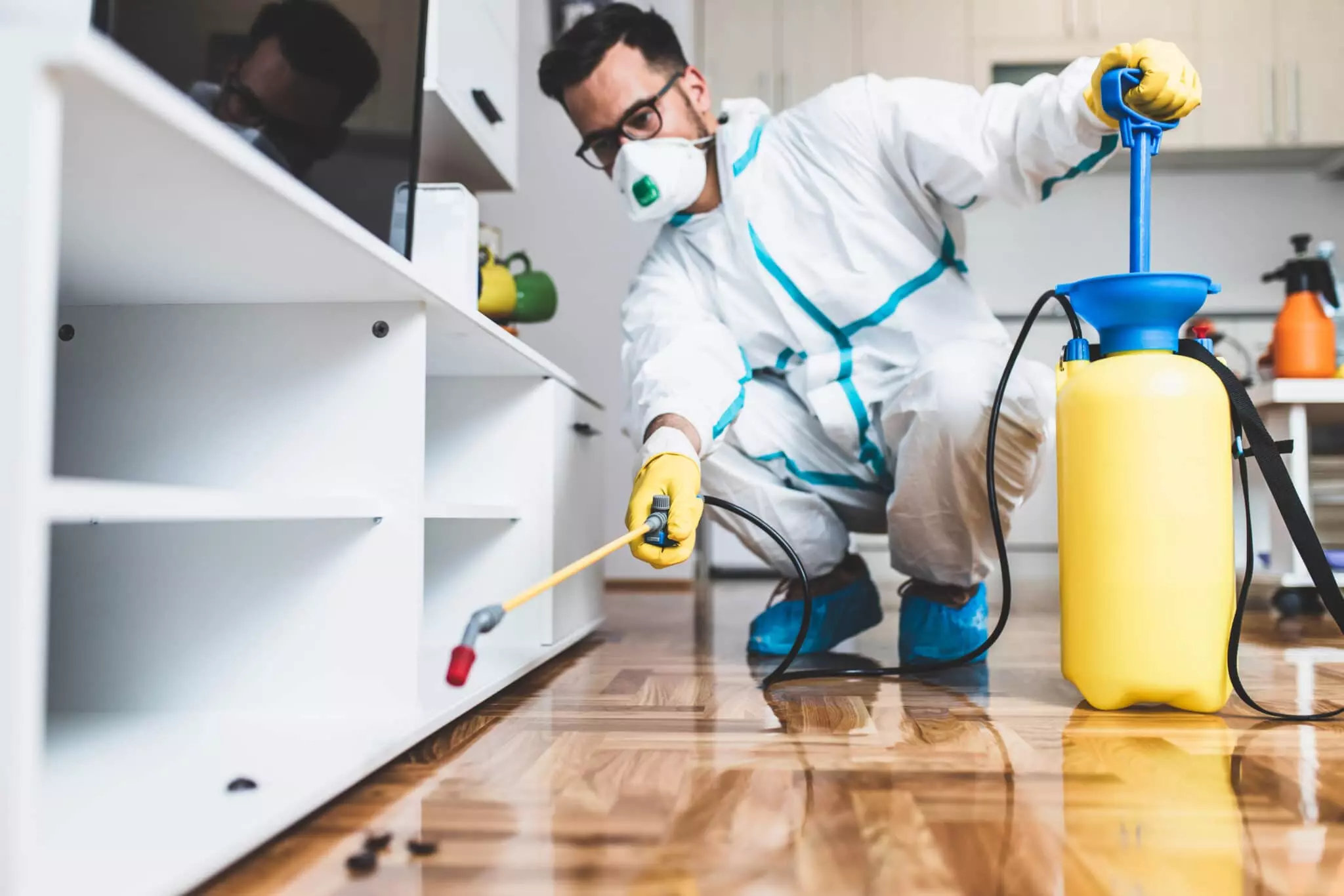Professional Wasp Control Coquitlam: Safe and Efficient Pest Removal
Professional Wasp Control Coquitlam: Safe and Efficient Pest Removal
Blog Article
Safe and Reputable Pest Control for Lasting Security
Reliable bug administration needs a multifaceted method that balances eco-friendly integrity with the requirement for effective insect reductions. The nuances of these methods may not be right away clear, triggering a more detailed assessment of the techniques that can lead to lasting parasite control outcomes.
Comprehending Bug Control Methods
Pest control encompasses a variety of approaches targeted at managing and eliminating unwanted insects and rats that can endanger both health and wellness and residential property. Understanding these techniques is essential for efficient bug management.
The key groups of bug control techniques consist of mechanical, organic, and chemical techniques. Mechanical techniques include physical barriers and catches to protect against pest access and capture undesirable species. For example, using screens on home windows or using sticky catches can considerably decrease insect populations without presenting hazardous materials.

Chemical pest control is often the most acknowledged approach, making use of chemicals to remove pests. These chemicals can be efficient however should be made use of with caution to prevent adverse results on non-target varieties and the setting.
Benefits of Eco-Friendly Solutions
Just how can eco-friendly solutions change insect control techniques? The adoption of environment-friendly bug control approaches uses various advantages, dramatically enhancing the effectiveness and security of insect administration (exterminator coquitlam). These remedies utilize all-natural components, minimizing the reliance on unsafe chemicals that can present threats to human health and wellness and the environment. This change not only protects family members and pet dogs yet additionally lessens the potential for soil and water contamination.

An additional benefit is the favorable influence on neighborhood biodiversity. Green solutions are created to target particular bugs while preserving advantageous insects and wild animals, promoting a well balanced community. This approach lines up with the expanding customer need for lasting practices, enhancing the online reputation of parasite control carriers.
Integrated Pest Administration Techniques
The application of environment-friendly solutions naturally brings about the fostering of Integrated Pest Management (IPM) strategies, which further improve bug control efficiency. IPM is an alternative strategy that integrates multiple techniques to manage pest populations while minimizing ecological effect. This method stresses making use of organic, cultural, mechanical, and chemical controls, making sure a sustainable and balanced technique of insect management.
One fundamental element of IPM is the extensive assessment of pest task and ecological problems. By keeping an eye on insect populaces and recognizing their life process, experts can execute targeted interventions that interrupt the bug's environment or lifecycle, minimizing dependence on chemical pesticides. In addition, cultural techniques such as plant turning and environment control can substantially decrease insect establishment and recreation.
Another essential component is using organic control representatives, such as beneficial insects or microorganisms, which can naturally reduce bug populations. When chemical applications are necessary, IPM focuses on making use of low-risk chemicals and uses them selectively, decreasing exposure to non-target microorganisms and human beings.
Integrating IPM wikipedia reference approaches not only improves insect control effectiveness yet also advertises a more secure ecosystem, lining up with the expanding need for sustainable practices in pest monitoring.
Safe Practices for Property Owners
Comprehending the importance of safe techniques in parasite control can encourage house owners to successfully handle bug concerns while protecting their health and wellness and the setting. Applying safe approaches and safety nets is vital in minimizing exposure to dangerous chemicals.
House owners should first evaluate their setting for conditions that draw in parasites, such as standing clutter, water, and food waste. Consistently cleansing and sealing access points can prevent insects from invading the home. Utilizing all-natural deterrents, such as essential oils or diatomaceous earth, can try here provide efficient choices to chemical pesticides.
When chemical treatments are necessary, homeowners must select items that are specifically classified as secure for domestic usage. It is important to adhere to application standards diligently to avoid too much exposure. Making use of targeted therapies in areas where pests are identified, rather than blanket splashing, can significantly lower chemical usage.
Finally, maintaining open communication with bug control experts is vital. House owners must ask regarding the security of products utilized and demand eco-friendly alternatives whenever feasible. By embracing these secure methods, homeowners can produce a healthier living setting while successfully handling insect problems.

Tips for Long-Term Protection
Developing a parasite monitoring approach that stresses long-lasting defense can substantially boost the efficiency of the secure techniques formerly gone over. To achieve this, home owners must implement regular inspections of their home, focusing on hidden locations such as attic rooms, cellars, and crawl areas. Early discovery of insect task is essential in stopping infestations from taking hold.
Additionally, preserving a clean environment is vital. This consists useful link of proper food storage, quickly cleaning spills, and regularly dealing with waste. These techniques lower attractants that attract parasites right into the home. Moreover, sealing entrance points, such as cracks around doors and windows, can properly obstruct possible bug accessibility.
Landscape design needs to also be thought about; keeping plants trimmed and keeping a distance between plants and the home minimizes concealing places for pests. Using natural deterrents, such as vital oils or diatomaceous planet, can even more inhibit infestations without resorting to rough chemicals.
Lastly, collaborating with a professional bug control service for routine evaluations can provide an additional layer of safety. These professionals can provide customized referrals and advanced therapies, ensuring that your home remains safeguarded against pests in the lengthy term.
Conclusion
To conclude, trustworthy and risk-free insect control calls for a complex approach that stresses green methods and integrated insect monitoring. By applying natural deterrents, performing routine assessments, and keeping appropriate cleanliness, residential property proprietors can dramatically lower insect populaces while safeguarding useful pests and the atmosphere. Cooperation with specialist pest control solutions boosts the performance of these strategies, guaranteeing customized solutions that offer lasting protection and comfort against future infestations.
Efficient pest monitoring calls for a complex method that stabilizes environmental integrity with the requirement for effective bug suppression. The fostering of environment-friendly parasite control techniques supplies countless advantages, considerably boosting the performance and security of insect monitoring.The implementation of environmentally friendly options normally leads to the adoption of Integrated Parasite Management (IPM) strategies, which better improve parasite control efficacy. exterminator coquitlam. By keeping an eye on insect populaces and recognizing their life cycles, specialists can carry out targeted interventions that disrupt the parasite's habitat or lifecycle, decreasing reliance on chemical pesticides.In verdict, risk-free and trusted bug control needs a diverse approach that stresses environment-friendly techniques and integrated parasite management
Report this page